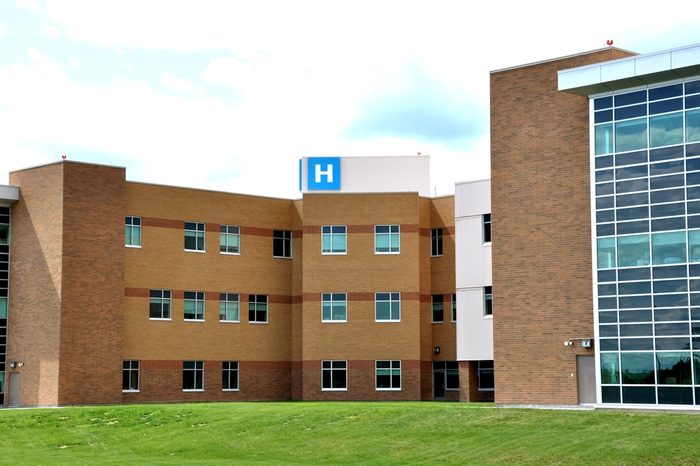
Medical services are difficult to access
If you’re used to the convenience of booking a doctor’s appointment and being seen right away, you may have trouble adjusting to the lengthy wait times for medical services in rural towns. Seeking specialized treatment, like with a psychologist or psychiatrist, will leave you with even fewer options, greater waiting times and a fair way to travel in order to be seen. Still, people who live in one of the 21 nicest small towns to visit in America, will tell you, there are perks you should consider before writing off small-town life just yet.
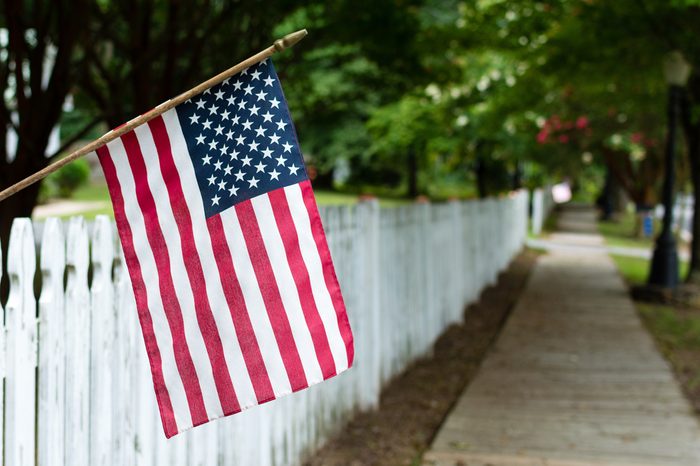
You’ll find refreshing peace and quiet
An obvious benefit of moving somewhere with fewer people is less noise, but the true delight of quiet open space often goes unsung. After moving from Barcelona to Palatka, Florida, J.R. Duren said he loved trading off the concrete jungle for miles of trees and open sky. The peacefulness and spaciousness of small towns make quiet activities even more serene, whether it’s meditation, yoga, or sitting on the balcony with a cup of tea.
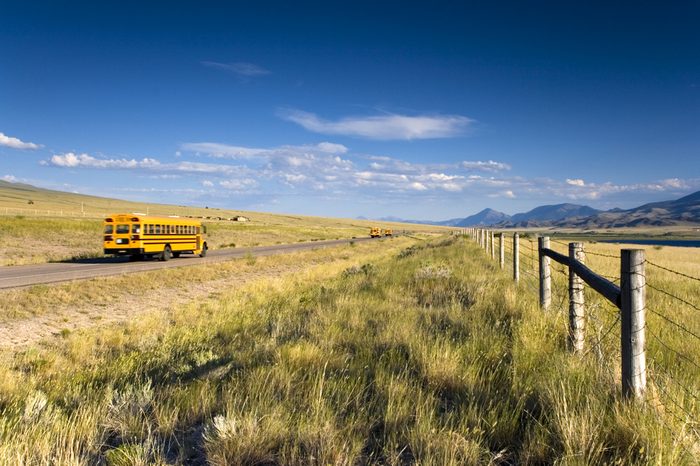
Education priorities may be different
The unspoken expectation that you’ll graduate high school, go to college and eventually embark on a career path is often absent in rural regions. Lexi, who moved from Los Angeles to a city a sixth the size in population, said that many students who were going through the school system saw high school as an end goal and college as an option. Many people in small towns, particularly in rural or remote regions, have family ties to the area and are complacent doing ordinary jobs as long as they get to stay local.
By the way, if you’ve moved recently, these tips on adjusting to a new city might come in handy.
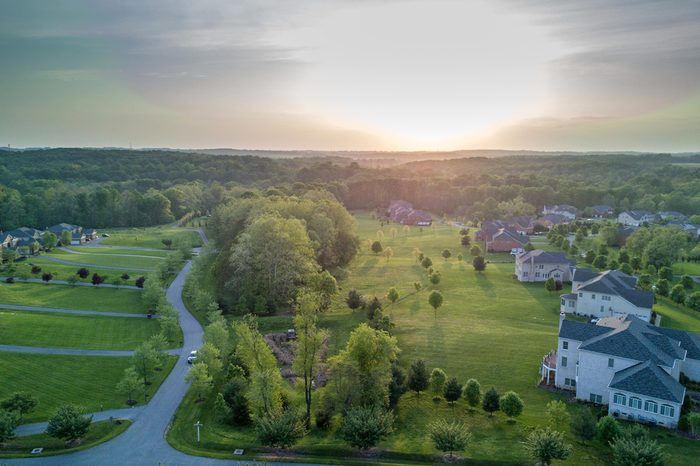
Diversity comes in different forms
Small towns aren’t always culturally varied, but what may surprise you is diversity in different forms, from the animal and plant life to the townspeople’s social characterizations. Alan Muskat, director of the show No Taste Like Home, made the move from Miami, Florida (population 453,579) to Marshall, North Carolina (population 889) completely unaware that his new hometown would be a biodiversity hotspot. Sometimes, what makes a town different is what eventually makes it feel like home. Here are the best small towns to retire to in America.
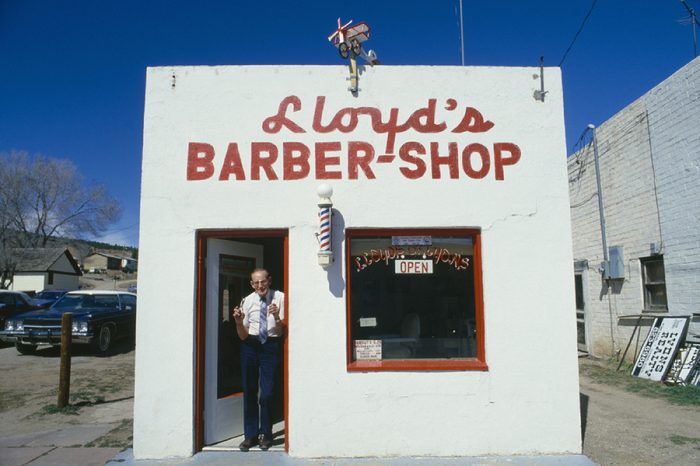
Business and personal mix…often
Clichés depict small towns as gossipy with tight-knit, locals-only social groups. What people don’t really tell you about these locations is that keeping business and personal life separate is tricky. Janice Holly Booth, author of Only Pack What You Can Carry, said she never thought she’d be friends with her doctor or dentist when she lived in Buffalo, New York. After moving to Gastonia, North Carolina, her reality changed. “In small-town Gastonia, everyone knows my business, and it’s pretty much the norm to walk into a restaurant and know most of the people in it.”
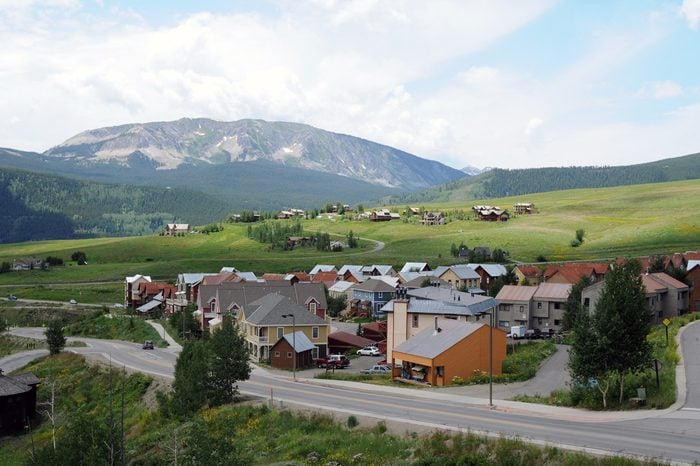
Everything slows down
Joana Mendes swapped Lisbon’s 2.7 million people for the 4,973 people of Boliqueime, Portugal. “What surprised me the most was the real quality of life; the real-time you spent with friends, not in a hurry, but really enjoying the moment.” There’s an unexpected change in pace from a big city to a small town, where everything from buying groceries to drinking coffee is often done slower and more deliberately than in a bustling metropolis.
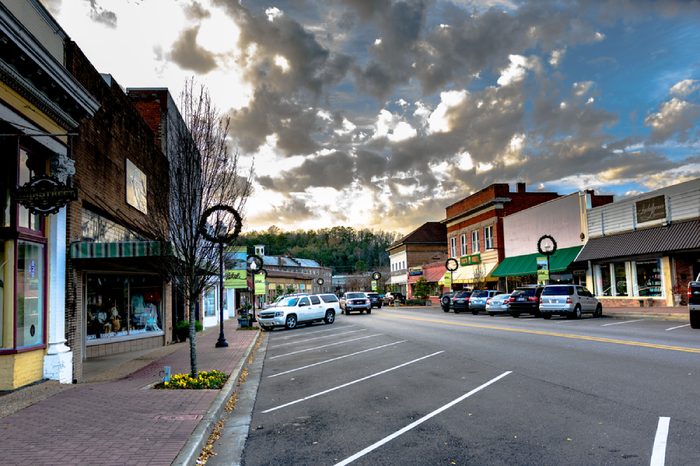
Parking problems are a thing of the past
Katie Wagner moved from humming San Francisco to tranquil Cornelius, North Carolina, where she was gratefully surprised by one glorious perk of smaller towns—parking everywhere! “We adapted to the convenience factor: being able to find parking everywhere we went as opposed to giving ourselves an extra half hour to circle for parking in San Francisco,” she says. In other less-populated communities, finding parking is as easy as pulling up to an open lot and stopping wherever you please. In other towns, you can even walk to all the local shops. Locals would tell you that these small towns beat any big city for your next vacation.
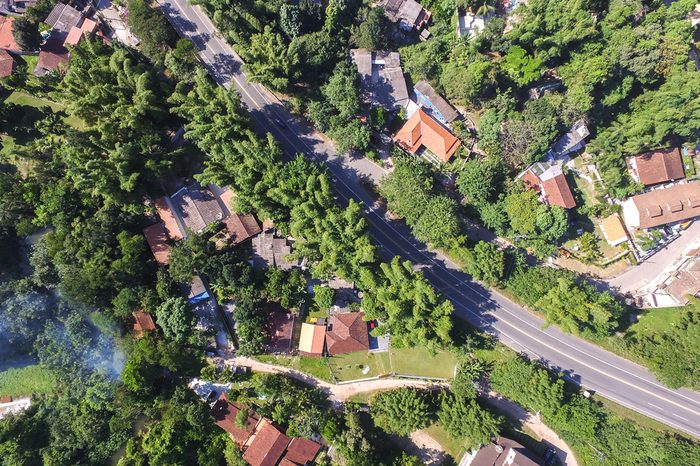
Traveling hours for frozen yogurt isn’t crazy
For people in small towns, especially in remote areas, traveling great lengths for food, shopping, entertainment and more is the norm—even if that means driving three and half hours to another town and back on a Saturday just to scour a mall or bite into a delicious burrito from the region’s best food joint.
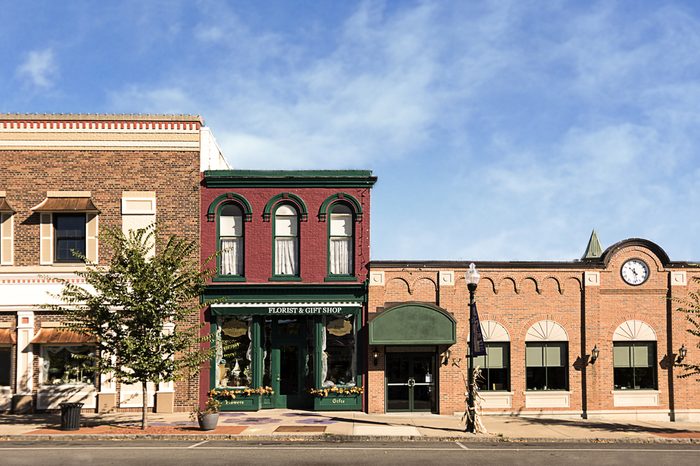
The job market is limited
A smaller community will have fewer employment opportunities. What no one tells you is that you’ll likely need to compromise to make ends meet. If you’re moving to a suburb, rural area or remote region for reasons other than employment, it’s important to be mentally prepared to work in jobs outside your professional qualifications or college degrees in order to earn an income. Eventually, an opportunity may open up or better yet, you can create your own.
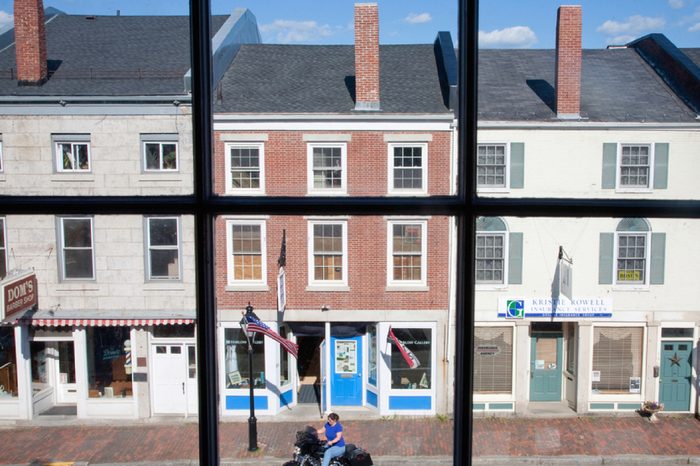
There’s a strong sense of community
Once you crack the shell of locals-only social groups, there’s an abundance of communal support awaiting you. Hana Pevny went from Austin, Texas, to Kennebunk, Maine after purchasing a business. “One of the most surprising things about moving to a small, seasonal community was the support I received from other business owners,” she said, adding that she feels a sense of community support and inclusion versus the dog-eat-dog world of metropolises.
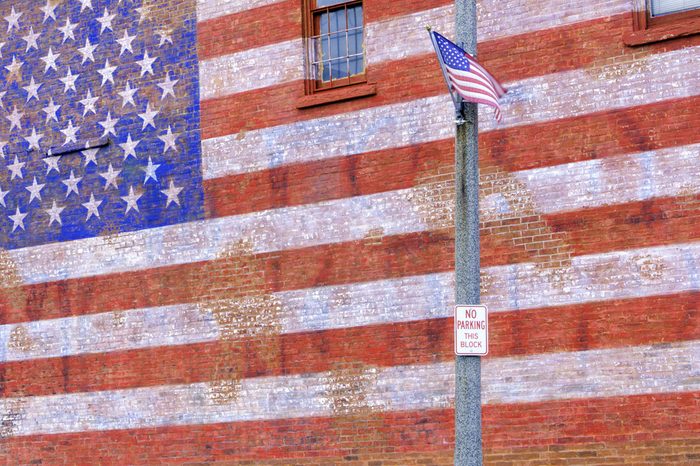
Everyone really does know everyone
If you talk about your boss in a London cafe, chances are no one will know who you’re talking about. But in a small Hertfordshire town? That’s a different story. John Barber learned this important lesson quickly: Be careful what you say. “Everyone was attached to someone else by birth, family, marriage or possibly all three. It was better not to criticize anyone before knowing exactly who they knew.” More often than not, people living in small towns have strong family and social ties to their community, making loose lips practically prohibited.
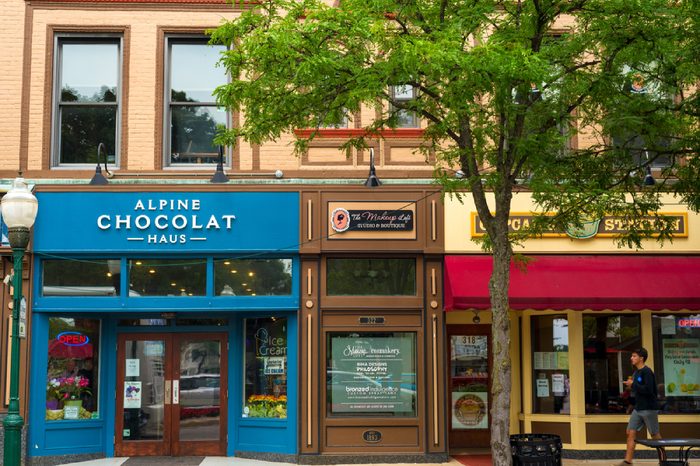
Businesses close early
In small communities, businesses not only close earlier, but they also stay closed on Sundays or the whole weekend and public holidays, too. Prepare to travel if you need necessities over, say, spring break or Easter weekend.
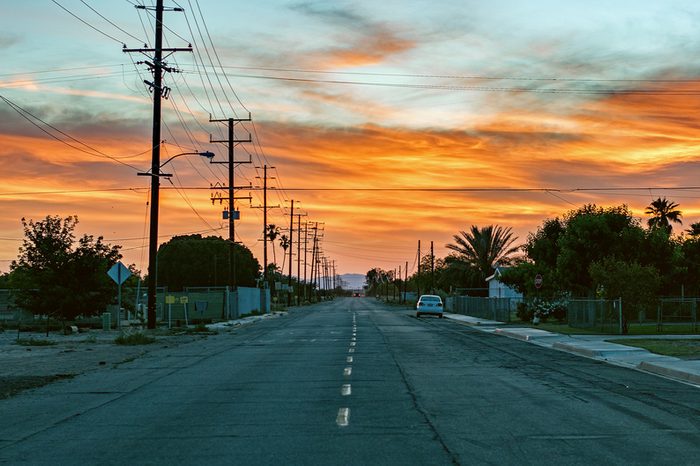
It’s not necessarily safer
There’s a preconceived notion that rural or small towns are more secure than big cities, but studies have found that the opposite is true. Although people say that they never used to lock their houses or cars in suburban, rural or regional communities, times are changing, and crimes are happening across all geographical areas. It’s important to prioritize your safety when you move to a small town, even if you feel comfortable with the locals.
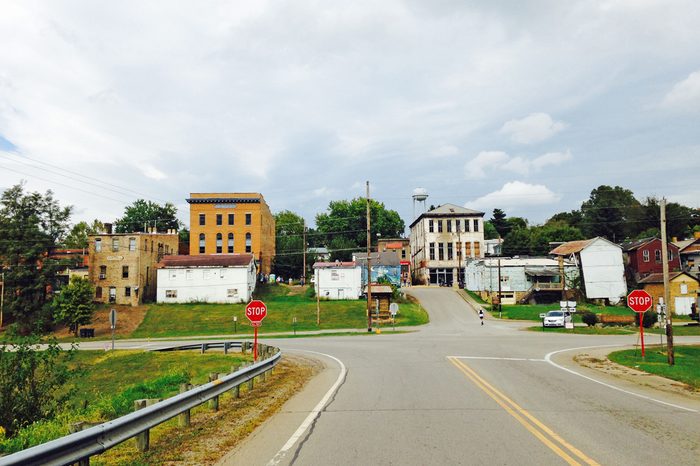
Public transportation is scarce
Your chances of finding a bus with multiple departure times, a nearby train station or airport may be slim to none. And forget about Uber and Lyft! If you’re lucky, the town may have a daily bus that leaves once or twice a day to neighboring areas and weekly to far off cities or a train that only comes through once a day in the wee hours of the morning. Owning a car is a must if you plan on leaving town often.
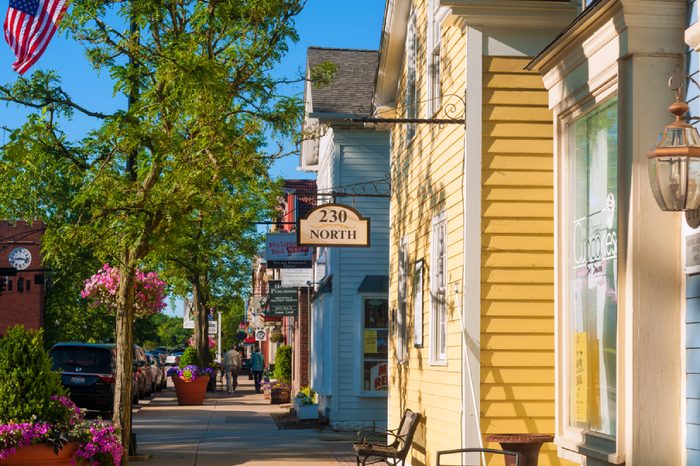
Unfamiliar opportunities will arise—take them
No matter how tiny a town may seem, every location you move to will have a quirky side. Unique opportunities are bound to arise, whether it’s a chance to play a sport you never knew existed or to join the local photography club with people who enjoy snapping photos of the beautiful natural surroundings, or attending one of the best small-town festivals in America. Stepping outside your comfort zone is a must if you’re trading the familiarity of urban life for rural living.